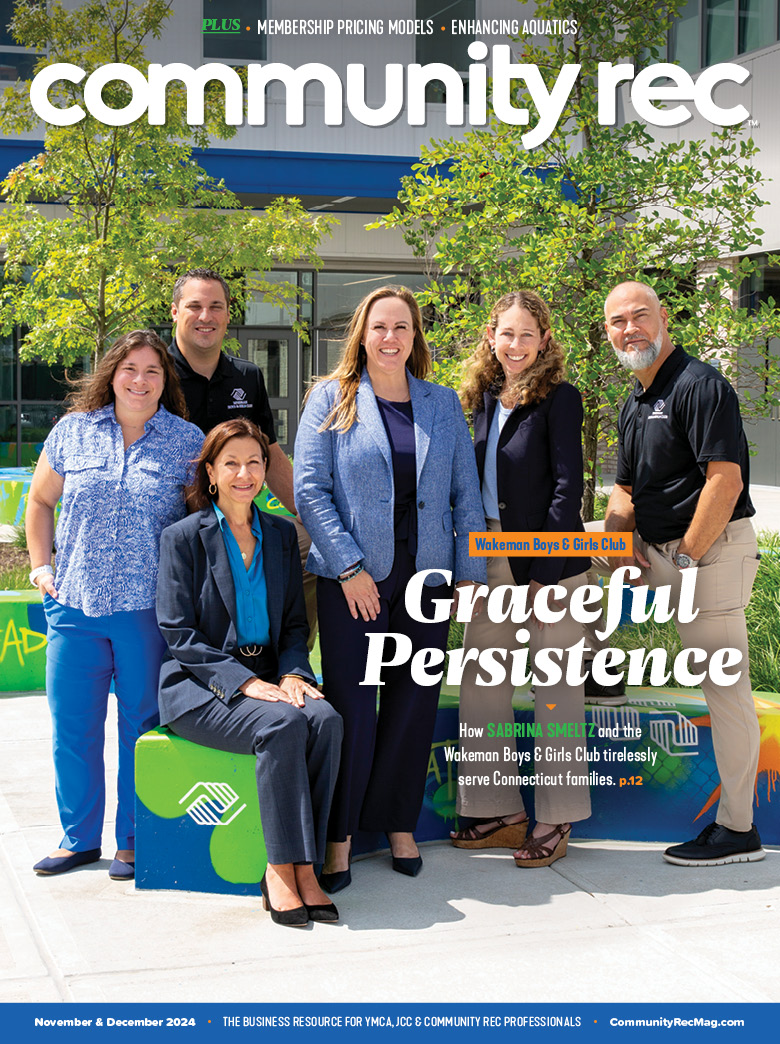Part One of coordinating successful camp activities provided 20 points to help you successfully coordinate any activity with a focus on planning, having fun and keeping kids engaged. Part Two outlines additional points, including how creating a positive camp environment alone will make your activities better.
Campers feed off their counselors so if the counselors are positive, energetic and having fun, so will they. Avoid negativity and lack of effort from you or your staff and it will immediately show.
Here are 20 tips to creating a positive camp environment:
1. Emphasize competition against self or a team when it’s appropriate.
2. Keep it positive. Discourage negative criticism and encourage positivity.
3. End with a quiet activity that allows everyone to regroup and relax before the end of the day.
4. Try to de-emphasize the importance of outcomes. Temper the spirit of competition with the spirit of cooperation.
5. Send a clear message that you want everyone to play all activities and have fun. Keep up the energy and you will see it resonate with your campers.
6. Examine the play area and rules of the game before every activity to ensure the campers are safe. If multiple kids start to get hurt, it is time to switch it up or change the rules. Make sure to get in plenty of water breaks.
7. Experiment these activities on your staff during camp training or before the day gets started. If the counselors don’t understand the rules or how the game works, then the kids won’t get it either.
8. Come up with a story. Fantasy will make the experience better during the activity.
9. Look for opportunities to incorporate songs, chants, noise and body movements.
10. Turn on music during the activity to keep the mood fun and upbeat.
11. Incorporate a reward system for those who participate, always try their best and show good sportsmanship.
12. Provide alternative activities or “jobs” for kids who do not want to participate. Everyone should try the activity at least once, but inevitably someone may want to sit out. Make them helpers or set them up with an easy table game or craft.
13. Use a chant or a fun clap to get the kids attention. Have all the kids do the chant or clap at the counselor’s command, then be quiet immediately after. Use this before you need to give instruction and make it fun.
14. Institute penalties like a “penalty box” for campers who try to cheat or do not want to follow the activity rules. Teach them the honor system when enforcing rules and make sure they know cheating or not following the rules will ruin it for everyone.
15. Always discourage behavior such as slamming a ball or getting upset when a camper loses or gets out of a game.
16. Work in games that are educational or promote healthy habits. The best are those that they are having so much fun they don’t realize they are educational as well.
17. Make sure you are upbeat, positive and having fun. This will radiate with the kids and they will emulate the behavior of their counselor.
18. Communicate and work well with the other groups in your camp as far as managing your rotations, cleaning up and coordinating activities. If everyone does their part, your day and the kids’ day will be much better. Remember: transitions, transitions, transitions.
19. If your camp has free time – usually during pick up or drop off times – make sure it is still controlled. Station counselors throughout the areas, engage with the kids, make sure kids are in lines to play next, make sure they are walking from game to game, etc. Controlling your free time space will save you from many behavioral issues that could arise.
20. Stay motivated. The kids look up to you and will remember you for years to come. The more you put into this the more of an impact you can make on a child’s life.
For more resources on camper rewards programs, visit The Summer Camp Source website.










